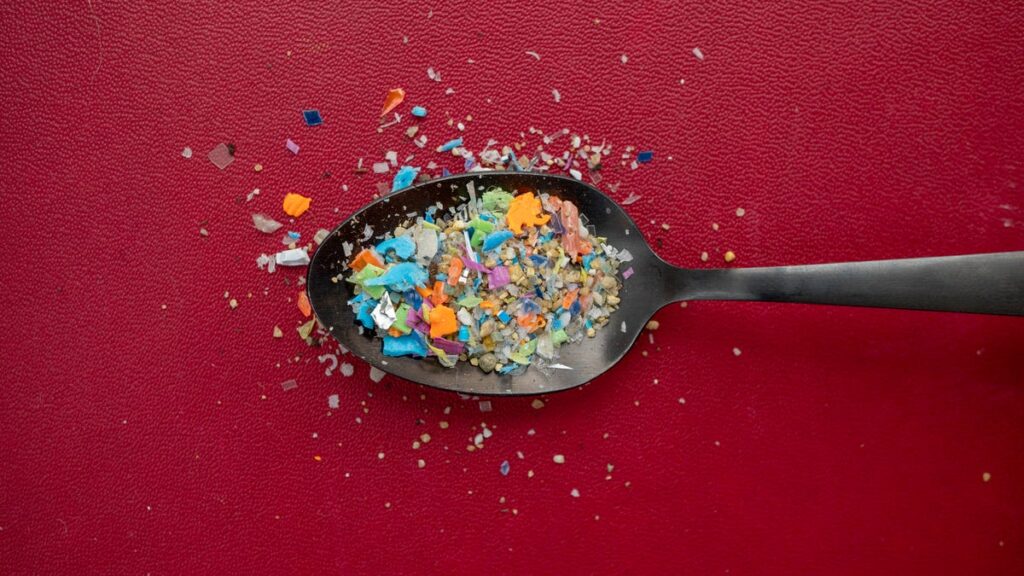
URGENT UPDATE: New findings reveal that microplastics are lurking in your kitchen, raising alarming health concerns. A study released in February 2025 highlights that these tiny plastic particles could be entering your body through everyday kitchen items, leading to potentially severe health risks.
Microplastics are now detected in our food, cookware, and even tea bags. Every year, humans unknowingly inhale an estimated 22,000,000 micro and nanoplastics, with exposure occurring through inhalation, ingestion, and touch. The implications are disturbing; recent research indicates that brain tissue from dementia patients contained up to 10 times more microplastic buildup than that of healthy individuals.
The research conducted by scientists at Spain’s Autonomous University of Barcelona reveals that microplastics can be released into food during cooking, particularly from plastic and nonstick cookware. Shockingly, damaged Teflon-coated pans may release over 2 million microplastic particles per use.
Additionally, takeout containers, commonly used for food delivery, are another source of contamination. A recent study found that all reusable plastic containers tested contained microplastics, which can leach into food when heated. The danger extends to plastic utensils as well, which can release microplastics, especially when in contact with hot foods.
Even tea bags, often considered harmless, are not exempt. Research indicates that brewing a single tea bag can release billions of microplastic fragments into your drink. With plastic packaging prevalent in spice containers, food safety experts warn that microplastics can contaminate common kitchen staples, leading to increased health risks.
As microplastics continue to raise alarm among health professionals, the following kitchen swaps may help mitigate exposure:
1. **Utensils**: Replace plastic spatulas with wooden or stainless steel options.
2. **Containers**: Favor glass, ceramic, or stainless steel containers over plastic.
3. **Tea Options**: Switch to loose tea leaves instead of plastic tea bags.
4. **Spice Packaging**: Choose spices packaged in glass or ceramic instead of plastic.
5. **Straws**: Utilize metal or bamboo straws instead of single-use plastic ones.
6. **Cookware**: Upgrade to stainless steel or cast iron pans to avoid microplastic exposure.
The urgent call to action is clear: consumers must be vigilant about everyday items that may contribute to microplastic exposure. With rising health concerns linked to microplastics—including inflammation, cell death, and potential cancer risks—it’s crucial to reassess what enters our bodies.
WHAT’S NEXT: As research continues, health experts recommend staying informed about microplastics and their health implications. Be sure to share this vital information with friends and family to raise awareness and promote safer kitchen practices.
Stay tuned for more updates on this developing story as scientists uncover more about the health impacts of microplastics in our daily lives.





